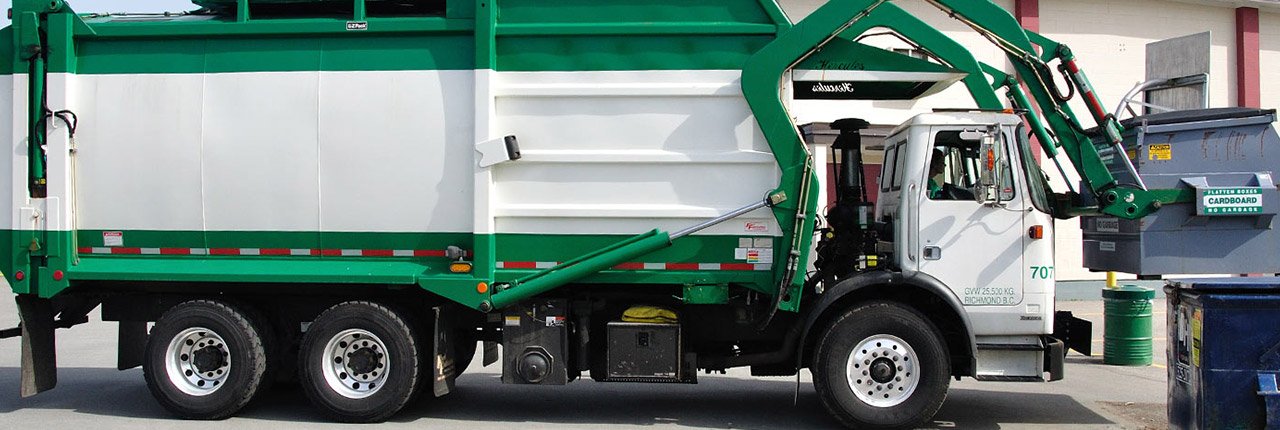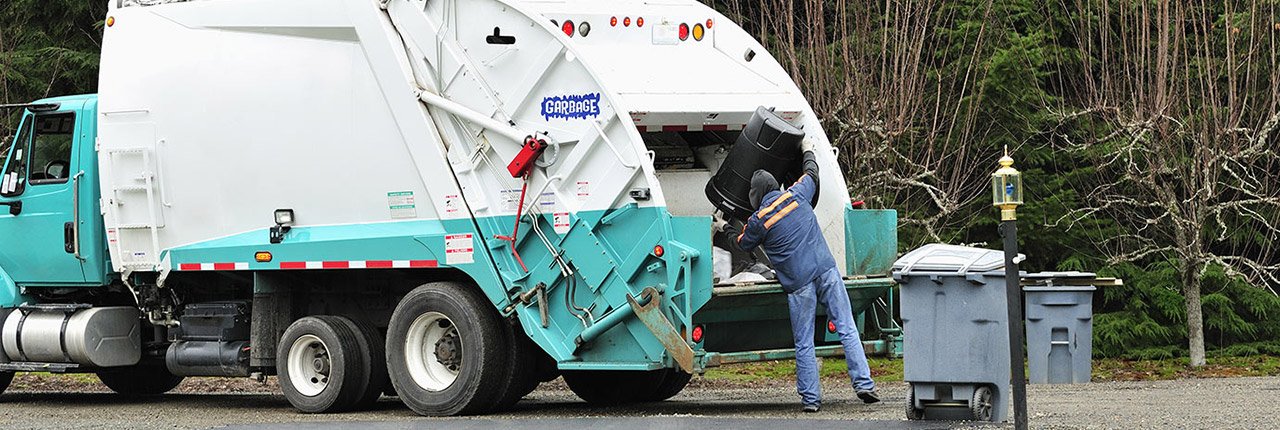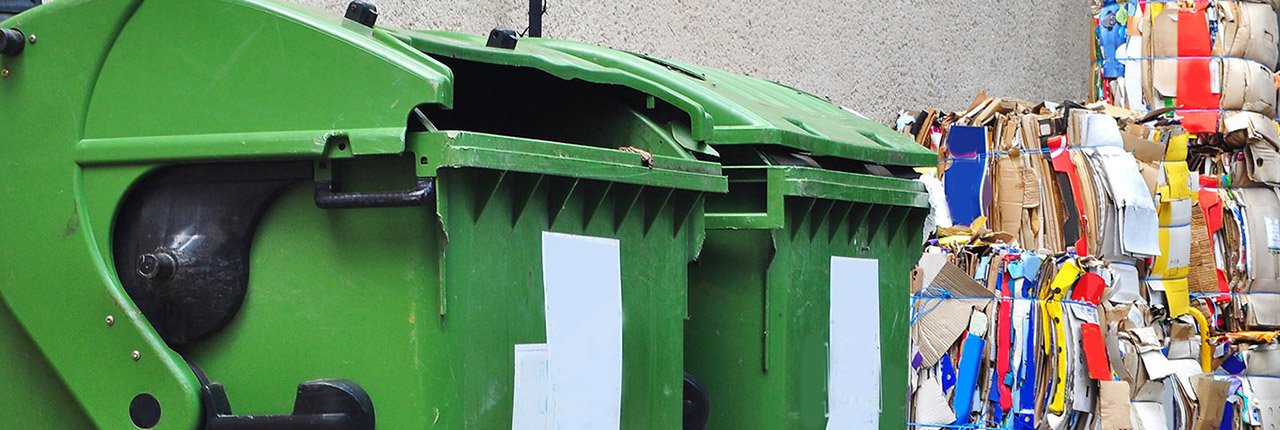Discover New Techniques to Enhance Household Recycling
Posted on 03/09/2025
Discover New Techniques to Enhance Household Recycling
Welcome to a comprehensive exploration into new techniques to enhance household recycling. With sustainability becoming more crucial than ever, many households are seeking the best ways to improve, streamline, and innovate their recycling habits at home. If you're looking for fresh ideas, actionable steps, and the latest advancements in home recycling methods, you're in the right place. Below, we'll unpack a variety of strategies - from practical changes in your day-to-day routines to embracing modern technology - that can help you maximize your recycling efforts and minimize waste.
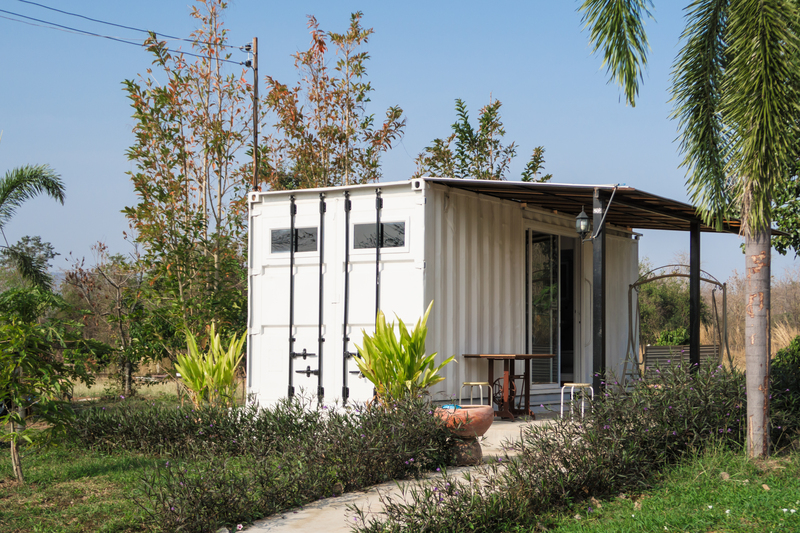
Why Improving Household Recycling Matters
Before delving into cutting-edge recycling methods, let's consider the impact of enhanced recycling at home. Elevated household recycling reduces landfill waste, conserves raw materials, and decreases greenhouse gas emissions. As waste management infrastructures evolve, so do the opportunities for consumers to participate in more effective and eco-friendly recycling.
- Resource Conservation: Proper recycling cuts down on the need to extract new materials from the environment.
- Energy Savings: Manufacturing products with recycled materials often uses less energy than with virgin resources.
- Pollution Reduction: Improved recycling helps lower air and water pollution linked to traditional waste disposal methods.
- Public Health: Reducing waste in landfills means fewer toxins and emissions in our air and water.
Innovative Household Recycling Techniques
1. Smart Sorting Systems
Modern households can now take advantage of smart sorting bins equipped with sensors that help identify materials, making recycling easier and more accurate. Smart bins often have compartments for glass, plastic, metal, and paper, and some even connect to mobile apps to track recycling habits.
- RFID and Barcode Scanners: Allows for precise material identification.
- Automated Feedback: Get real-time notifications if an item is not recyclable.
- Data Tracking: Learn about your household's recycling progress and set goals for improvement.
2. Home Composting Innovations
While composting organic waste isn't new, new techniques to enhance home composting have made it more accessible. Electric countertop composters use heat and agitation to break down food scraps rapidly, turning waste into usable compost within hours.
- Odor Control: Modern units minimize smells and mess, making indoor composting feasible for apartments.
- Speed and Efficiency: Decompose food waste in a fraction of the time traditional bins require.
- Usability: Composters are now designed to be easy to clean and fit seamlessly in your kitchen.
3. Upcycling and DIY Repurposing
Enhance your household recycling methods by embracing the concept of upcycling - creatively reusing materials to give them new life. Upcycling not only diverts items from landfills but also sparks personal creativity.
- Creative Projects: Turn glass jars into storage containers, or transform old t-shirts into reusable shopping bags.
- Community Ideas: Share or exchange upcycled projects with neighbors and local groups.
- Tutorials: Countless online resources offer step-by-step guides for beginners.
4. Digital Tools and Recycling Apps
Embrace technology to maximize your recycling efficiency at home. Numerous apps can help you discover local recycling guidelines, track your waste output, and receive reminders about community recycling events.
- Streamlined Sorting: Quickly look up local rules for recycling complex items like batteries or electronics.
- Goal Setting: Monitor your progress with weekly or monthly recycling goals.
- Community Engagement: Connect with neighborhood recycling groups or participate in local challenges via app platforms.
Practical Steps to Enhance Your Household Recycling
Optimize Your Recycling Station
Keeping recycling bins conveniently located and clearly labeled is a simple yet powerful way to boost recycling rates at home. Invest in bins with icons or color codes to distinguish recyclables.
- Strategic Placement: Position bins in kitchens, bathrooms, and home offices where most recyclable waste is generated.
- Clear Instructions: Post visual guides above bins to help everyone in the household remember what goes where.
Educate Yourself on Local Guidelines
Many recycling efforts falter due to confusion over what is actually recyclable. Municipal rules often differ regarding plastics, paper, and electronic waste. Staying informed can prevent "wishcycling" - placing non-recyclable items in the recycling bin in hopes they might be processed.
- Consult Official Sources: Visit your city or county's website for up-to-date recycling guidelines.
- Attend Workshops: Some communities offer in-person or online recycling seminars.
- Share Knowledge: Educate family or roommates to ensure everyone follows best practices consistently.
Clean and Prepare Items Properly
For optimal results, rinse containers before recycling and flatten cardboard boxes to save space. Avoid recycling food-soiled materials or combining incompatible materials, as this can contaminate entire batches.
- Empty and Rinse: Remove food and drink residue from cans and bottles.
- Remove Lids: Certain plastics and metals should be separated from containers before binning.
- Check for Numbers: Verify plastic type codes and include only materials accepted in your local program.
Advanced Recycling Methods for Enthusiasts
Specialty Recycling
Many household items such as electronics, batteries, and lightbulbs require special handling. Seek out drop-off sites or mail-in programs for items not accepted in curbside pickup.
- Retail Drop-Off: Chains like Best Buy and Home Depot often provide collection points for electronics and bulbs.
- Mail-In Programs: Services like TerraCycle accept challenging recyclables via mail.
- Hazardous Waste Collection: Participate in scheduled municipal collection events for items like paints or pesticides.
Meal Planning to Reduce Food Waste
Reducing food waste at the source is one of the most sustainable recycling techniques. Proper meal planning, storage, and creative use of leftovers all contribute to less food going to waste.
- Smart Shopping: Buy only what you need and avoid impulsive purchases.
- Preservation Techniques: Learn about freezing, fermenting, and canning foods to extend their shelf life.
- Recipe Creativity: Turn leftovers into new meals or snacks.
Community Initiatives and Collaboration
Participate in Local Recycling Programs
Many cities offer curbside recycling, compost pickup, and periodic bulky waste collection. Signing up for these programs or advocating for their expansion can enhance household and community-wide recycling.
- Neighborhood Drives: Organize group pickups for hard-to-recycle items like textiles or appliances.
- Bulk Collection Days: Participate in scheduled events to responsibly dispose of larger household items.
- Feedback: Share suggestions with city officials to improve services.
Zero Waste Communities
Some neighborhoods and apartment complexes actively pursue zero waste goals that aim to minimize landfill contributions altogether. Join or initiate a zero waste committee to share tips and develop best practices that fit your local context.
- Resource Sharing: Exchange items like tools and appliances to reduce unnecessary purchases.
- Collaborative Compost: Set up shared compost bins or drop-off services for community gardens.
- Education and Advocacy: Host educational sessions and workshops to keep recycling momentum strong.
The Role of Technology in Household Recycling
Artificial Intelligence and Automation
Emerging technology is transforming how materials are sorted, processed, and recycled. At home, simple apps and smart trash cans can streamline the recycling process by reducing user error and improving efficiency.
- AI-Powered Bins: Some new models can scan and sort recyclables automatically.
- Recycling Analytics: Use data generated by smart bins to fine-tune your household's recycling performance.
- Online Marketplaces: Easily find local recycling centers or swap unwanted items for reuse via app-based platforms.
Common Challenges and How to Overcome Them
Dealing with Inconsistent Recycling Rules
One of the biggest hurdles faced by those passionate about recycling is the inconsistent regulations from one municipality to another. Items accepted in one locality may be prohibited in another. Prioritize checking and adhering to local guidelines.
- Regular Updates: Laws and rules change, so review guidelines annually.
- Social Media: Follow your city's official accounts for recycling alerts and updates.
Fighting Recycling Fatigue
Maintaining enthusiasm for diligent recycling can be difficult, especially if others in your home are less motivated. Celebrate small wins and make recycling a positive, routine family activity.
- Gamification: Use apps or create home competitions to see who recycles most efficiently.
- Visual Reminders: Place inspiring posters or infographics near recycling stations.
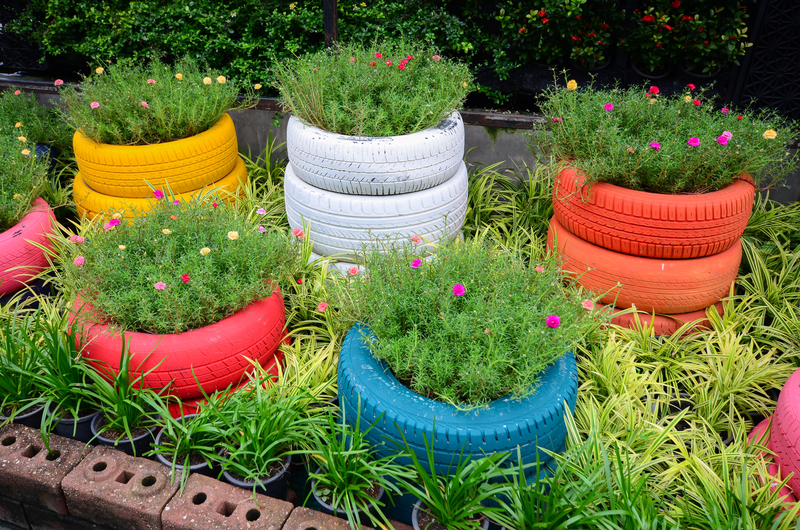
FAQs on Household Recycling Techniques
What are the most common recycling mistakes made at home?
- Mixing non-recyclable items with recyclables.
- Neglecting to rinse food containers.
- Placing plastic bags in recycling bins - these often need to be recycled separately at store drop-off points.
How can I recycle electronics and hazardous waste?
- Find a certified e-waste recycler in your area.
- Take items like batteries, paint, and chemicals to designated hazardous waste facilities.
- Check product packaging for manufacturer recycling programs.
Are biodegradable plastics truly recyclable?
- Most biodegradable plastics do not break down in standard recycling systems and should be disposed of according to local guidelines. Look for industrial composting programs if available.
Conclusion: Transform Your Home with New Recycling Techniques
Embracing new ways to enhance household recycling is more than a personal choice; it's a contribution to healthier communities and a cleaner planet. Through smart sorting systems, digital apps, creative upcycling, and community collaboration, you can significantly reduce waste and enhance sustainability within your home.
By staying updated on the latest methods and leveraging technology, you can make recycling simpler, more effective, and even enjoyable. Start implementing some of these innovative approaches today and become a leader in eco-friendly living within your household and neighborhood.
Let's continue to discover, share, and adopt new household recycling techniques for a greener tomorrow.
Latest Posts
Creative Ways to Introduce Kids to Recycling
The Evolution of Waste Management Through Ancient to Modern Times
Discovering the Basics: What Exactly is a Builder's Skip





